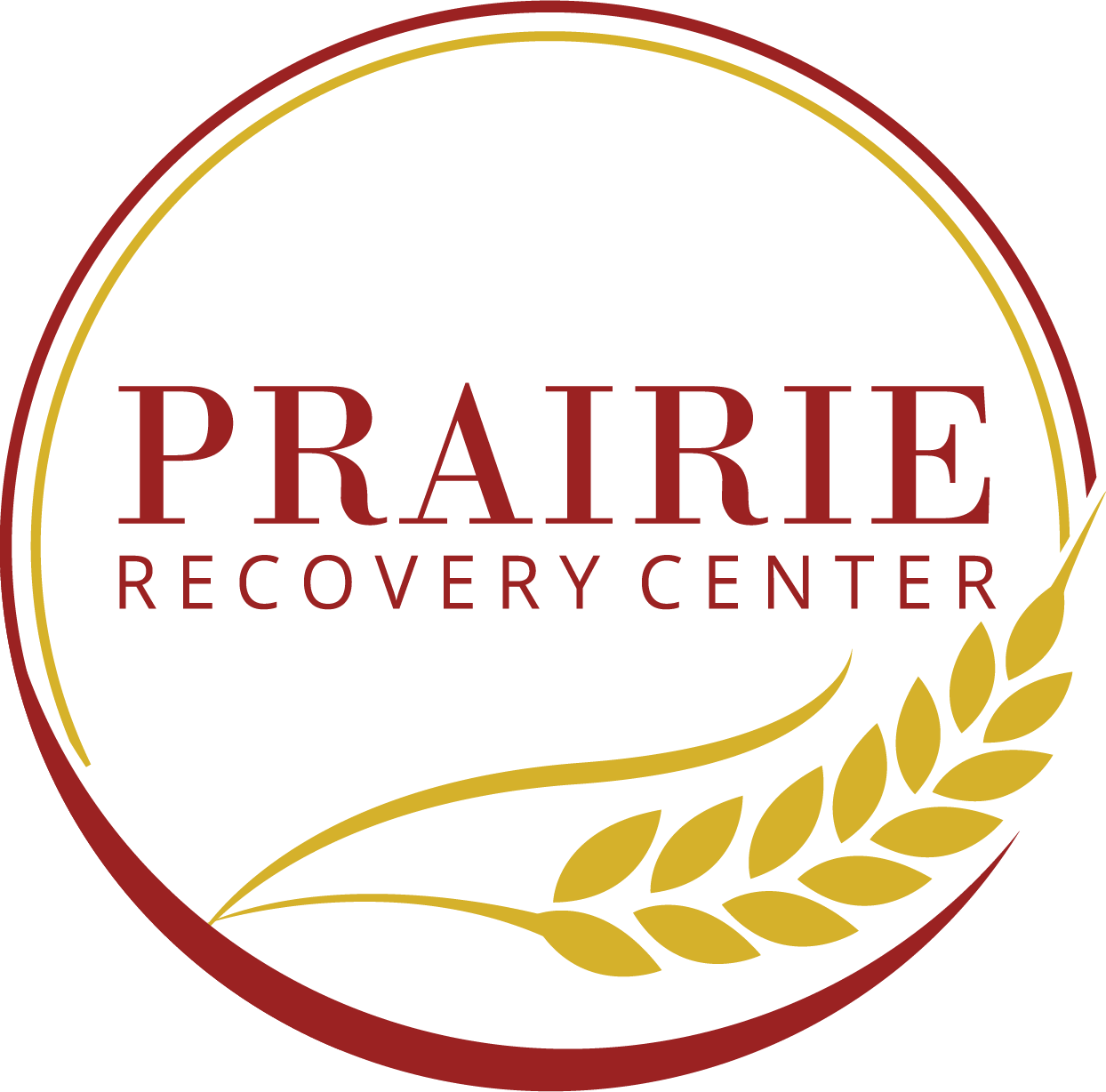When life starts to feel back to normal again after getting sober, it’s easy to let your guard down. Suddenly, all of the old temptations and bad habits that led to addiction in the first place can seem harmless. But the truth is, they’re not. One slip-up can lead to a full-blown relapse, and that’s why it’s so important to be vigilant about your sobriety.
Prairie Recovery’s aftercare program helps people stay on track with their sobriety by providing support and resources for continued success. In this blog post, we share with you tips to stay sober and how to avoid relapse. Call [Direct] and learn more today.
How to Avoid Relapse
Relapse is a serious issue that can happen to anyone who is trying to recover from an addiction. It can be defined as a return to drug or alcohol use after a period of abstinence. It can happen to anyone who is trying to quit drugs, even those who have been in recovery for years.
Relapse is often preceded by warning signs, such as changes in mood or behavior, that indicate that a person is at risk for returning to drug use. If you are in recovery, it is important to be aware of these warning signs and to have a plan in place for how to deal with them.
Relapse is not a failure, but it is a sign that treatment needs to be adjusted or that a person needs more support. If you or someone you know is struggling with relapse, there is help available.
6 Tips for Avoiding Relapse
If you’re in recovery from addiction, you know that relapse is a very real possibility. But there are things you can do to avoid it. Here are some tips to avoid relapse and help you stay on track:
1. Know Your Triggers
Whatever your triggers are, it’s important to avoid them at all costs. If you can’t avoid them altogether, then find a way to cope with them in a healthy way.
2. Build a Support System
Your support system should be people who will hold you accountable and help you stay on track. They should also be people you feel comfortable talking to about your struggles and victories.
3. Stay Busy
When you’re bored or have too much free time, that’s when the temptation to use can be the strongest. So find things to do that you enjoy and make you feel good.
4. Be Honest with Yourself
Honesty is key to avoiding relapse because it allows you to get the help and support you need when you need it.
5. Be Willing to Seek Help
The most important thing is to identify that you’re struggling and to reach out for help. This might mean going to therapy, attending a 12-step group, or going back to treatment.
6. Take it One Day at a Time
The final tip for avoiding relapse is to take it one day at a time. Recovery is a journey, not a destination. So don’t get too caught up in the future or what might happen. Just focus on today and do everything you can to stay sober today.
Staying sober can be a challenge, but it’s important to be vigilant about your sobriety. One slip-up can lead to a full-blown relapse, so it’s essential to be mindful of your thoughts and actions.
How to Stay Sober
Life can be hard, but it’s much more complicated when you’re not with it. That’s why it’s essential to learn how to stay sober. Not only will you feel better the next day, but you’ll also be more productive, and you’ll be less likely to make poor decisions.
Of course, that’s not to say that you can’t have a good time while sober. There are plenty of fun activities that don’t involve any substance use, and you’ll be able to remember them the next day.
There are many things you can do for yourself to maintain your sobriety and avoid relapse, but it is also important to remember that there are many treatment options available. Seeking professional help can break the cycle of addiction for good.
6 Tips for Staying Sober
When we get sober, our lives become more manageable, and we start to feel better. However, life can still be challenging, and there will be times when we are tempted to use drugs or alcohol. Here are some helpful tips to stay sober:
1. Learn to Relax
One of the main reasons people turn to drugs or alcohol is to escape from their problems. When we’re stressed out, it can be hard to resist the urge to self-medicate. Instead of using drugs or alcohol to cope, find healthy ways to relax and relieve stress. Some people find that exercise, meditation, or spending time in nature helps to calm their nerves.
2. Mocktails Are Great
Just because you’re not drinking alcohol doesn’t mean you have to miss out on all the fun. There are plenty of delicious mocktails that you can enjoy without worrying about a hangover the next day.
3. Have an Exit Strategy
If you find yourself in a situation where you’re feeling tempted to use, it’s crucial to have an exit strategy. This could be as simple as saying that you need to use the restroom or that you’re not feeling well.
4. Your Diet Matters
What we put into our bodies can have a significant impact on our mood and energy levels. Eating a balanced diet and staying hydrated will help to keep you feeling your best and reduce the chances of relapse.
5. Focus on Healthy Relationships with Friends and Family
The people we spend our time with can have a big influence on our sobriety. Spending time with people who support your sobriety and avoid those who don’t can make a big difference.
6. Develop a Routine
A big part of staying sober is finding a new sense of purpose. Developing a routine and structure can help to give your life some direction. Doing things that make you feel good, such as volunteering or taking up a new hobby, can also help to keep you motivated.
Maintaining sobriety can be difficult, but you don’t have to do it alone. Consider relapse prevention support from a professional addiction treatment facility like Prairie Recovery. We get to know our patients and their unique stories. We understand that addiction is a disease, and we treat it as such. Our staff is made up of highly trained and experienced professionals who are passionate about helping our patients overcome addiction and achieve sobriety.
Learn More Tips for Staying Sober at Prairie Recovery
If you or someone you know is struggling with addiction, we can help. Prairie Recovery offers a variety of treatment options, including inpatient and outpatient treatment, 12-step support, and more. Contact us today at [Direct] or via our online form to learn more.


